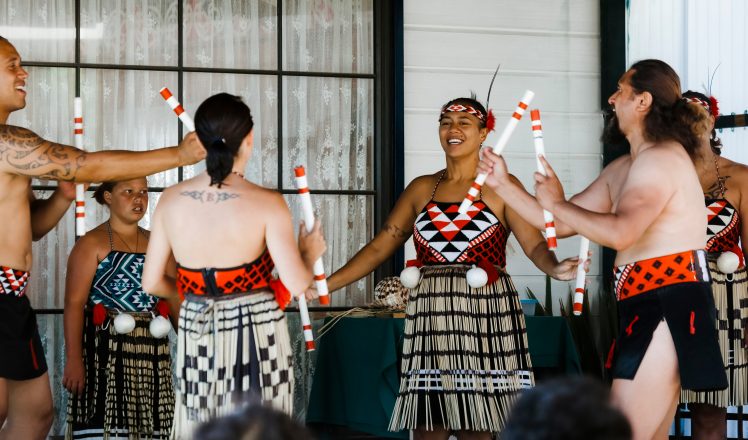In recent years, more people have become aware of social enterprises – companies driven by purposes beyond just profit. These companies often benefit their communities and meet social needs, avoiding the need for state intervention.
Steven Moe and Wayne Tukiri suggest that New Zealand can learn from Māori cultural practices to understand and shape its social enterprise landscape. Though the term ‘social enterprise’ is new, its concepts are rooted in ancient traditions.
Some key Māori principles relevant to social enterprises include:
- Kaitiakitanga: Protecting core values and purposes, ensuring they remain clear and unchanged amidst success or failure.
- Mōhiotanga: Sharing and building knowledge, especially during the early stages of an enterprise, to challenge traditional business methods.
- Tuakana/Teina: Elder members guide and support the less experienced, fostering growth and learning.
- Manakitanga: Displaying hospitality, kindness, and generosity, reflecting the community-driven aim of many social enterprises.
- Wairua: Emphasising spiritual well-being by connecting with natural resources and focusing on environmental sustainability.
- Mātātoa: Being fearless and embracing innovative ideas that challenge traditional business notions.
By incorporating these Māori values, New Zealand social enterprises can distinguish themselves from global models. The aim is to create a unique version of social enterprise rooted in New Zealand’s rich cultural heritage, guiding its purpose and operations.





























































